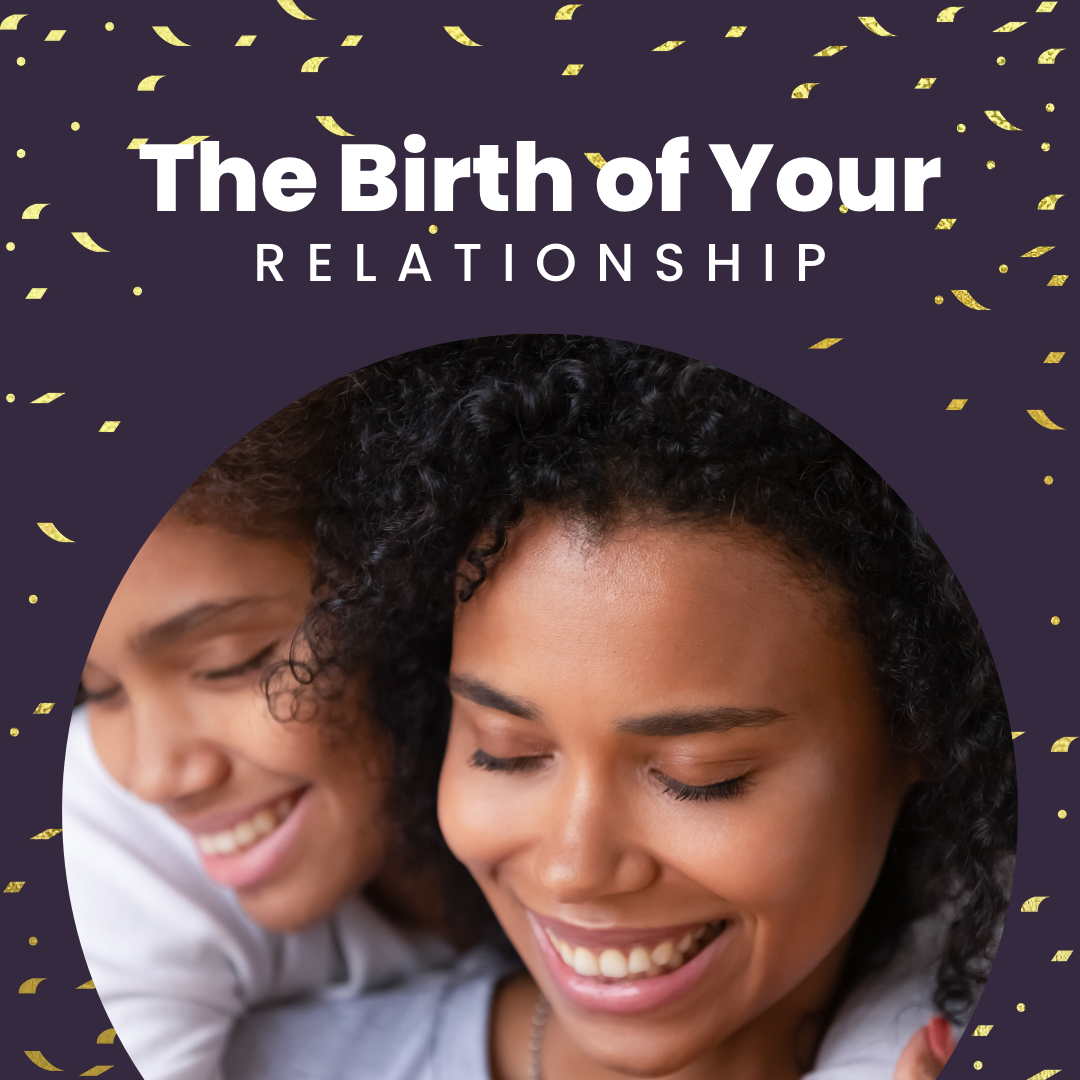by Ashley Bennett, Director of Trauma-Informed Care
When we bring home a newborn baby from the hospital, life around us seems to halt.
We clear our calendars around the upcoming due date of our child. We don’t make huge future plans because we anticipate life being different for awhile after the baby comes home.
After the baby is born, we stay home for awhile. We limit outings and visitors for the health of the baby but also to give us time to rest and keep up with the demands of a newborn. We cocoon; we sleep, we eat, we hold the baby and meet his needs. We repeat.
Life becomes small. Our routine around the needs of a newborn become predictable. We discover the rhythm of our baby’s needs and we arrange our schedule to meet his needs. We take note of every change, every pattern. We commit to whatever he needs no matter how tired or costly it is to ourselves. We gladly continue the attachment process that began during pregnancy.
What about when our 10 year old foster son moves in? Or our 5 year old foster daughter?
Do we react in the same fashion?
Does life slow down?
Do we rearrange our schedules and put some things on hold for a season?
Do we study this new child the way we did our newborn baby?
Do we adjust our routines to meet his needs?
My guess is that for many of us active and busy foster parents, our life continues pretty much the same. We ask the new child to accommodate to our family’s normal routines and rhythms without making accommodations for his needs.
You didn’t birth this child. You more than likely didn’t bring him home from the hospital at birth. But the day of placement, is the birth of your relationship.
So let me challenge you with this: This new child needs from you what you freely offered to the newborn baby. He needs routine, he needs you to slow down, he needs you to focus on his needs to be safe, seen, and soothed.
He needs you to go back in time to what he probably missed when he was younger.
It’s not easy, but it is necessary. Our kids missed critical developmental nurturing when they were infants and toddlers and it is our job and privilege to go back and give them what they needed no matter the age they are when they come to us.
It is just going to look a little different when they come to us at age 5 or age 10!
